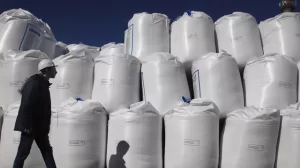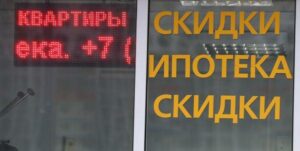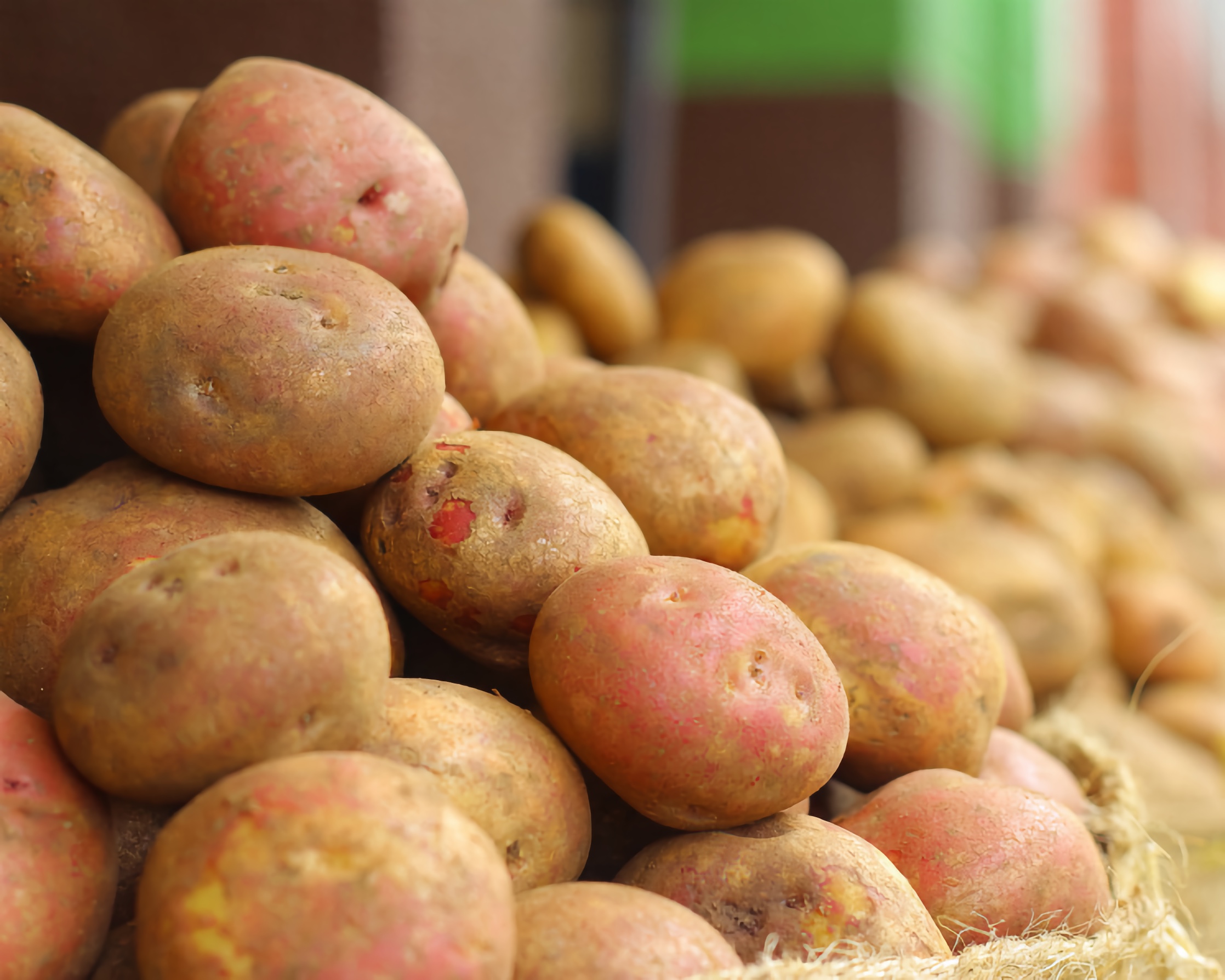
Construction Experience in the Food Industry
The problem of replacing imported and domestic products has long been a priority and a never-ending headache for Russian authorities. Eight years ago, the first packages of sanctions were imposed by the United States of America, the European Union, and several other state-forced officials responsible for implementing industrial policy to look for ways to restore the disrupted supply chains.
This problem manifested itself in high-tech industries as well as simply being in food production. Since 2015-2016, federal and regional authorities have been working to ensure the replacement of imported products that have stopped coming into the country. So far, the consequences of these losses have not been conclusively overcome; up until this year, imports from unfriendly countries continued to prevail in several types of fertilizers, especially in seeds.
There are specific figures within these metrics that look alarming. In 2022, according to the estimates of the RF Ministry of Agriculture, the share of foreign agricultural machinery was 15%, the percentage of imported components for the food industry was estimated at 35%, and the share of imported potato and sugar beet seeds was 80-90%.
The geopolitical events that have since unfolded have pushed an accelerated solution to the problem of import substitution. After all, the prestige of the country is no longer at stake, nor the welfare of individual industries, rather the provision of primary needs of Russians in quality food.
The officials’ efforts have certainly brought in some results, of which can now be seen on the shelves of Russian grocery stores. Their assortment, even if impoverished, is insignificant, but consumers have not yet felt the signs of supply deterioration in general. We cannot say, however, that the pace of import substitution in the food industry and agriculture has become satisfactory. It is no coincidence that this topic is becoming the key one in all this year’s industry events, including the agricultural exhibition AgroRus, which ended in September, the largest one in the North-West of the country.
In these circumstances, it appears evident that the independent work of the authorities cannot bring the expected results. Therefore, Russian business is very active in this field, with experts saying that there are encouraging examples, including from entrepreneurs who have so far specialized in other spheres of activity.
New Frontiers for the Krasnoye Znamya
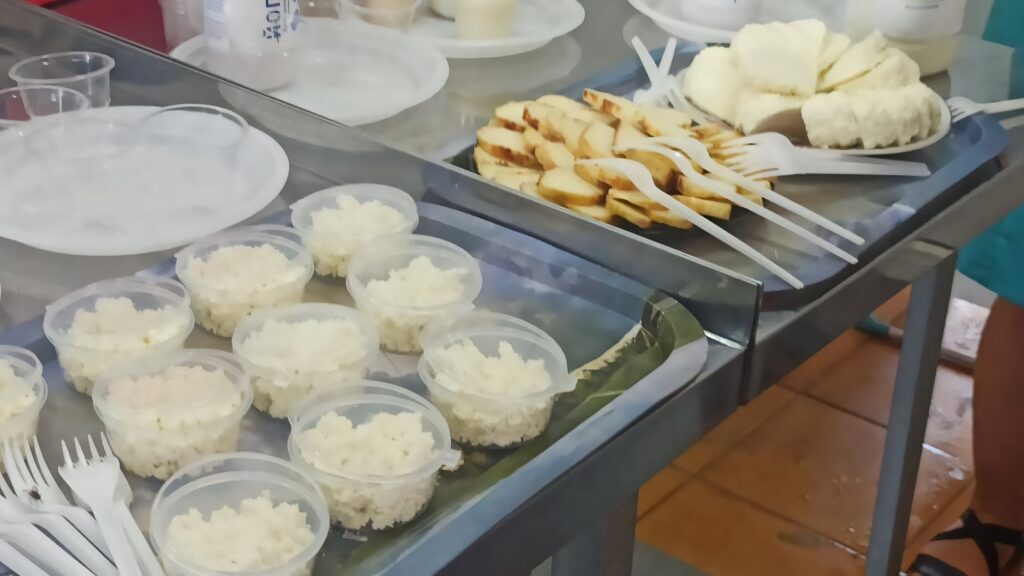
One of them was the initiative of the investment company Euroinvest, mainly known as an active participant in the housing construction market in St. Petersburg and the Leningrad region. At the end of October, the head of Euroinvest, Andrey Berezin, announced at the Regional Consumer Market Forum the plans to substantially extend the activities of the Krasnoye Znamya agricultural cluster, which is a part of the company.
The farming division of Euroinvest can achieve this due to the strengthening of the production base, which was carried out at the beginning of the year. New areas of cultivated fields were purchased, and the dairy herd was enlarged. Today, the cluster’s capacities allow expanding the geographical scope of sales of its products. If dairy products under the MoleMe brand were sold mainly within the Pskov region, where the cluster is located, the time has now come for the producer to enter larger markets, including St. Petersburg.
It should be noted that the steps for product development this year were not the first. Euroinvest has been actively investing in the production base of the agro cluster. In particular, in 2020, more than 30 million rubles were invested in creating a line for the production of dairy products, including thermostatic yogurts.
The capacities for the production of sown crops were also developed. This resulted in an agreement with the Leningrad Zoo to supply fodder for its animals. This contract was the first swallow, heralding the expansion of the Euroinvest agro-cluster to new frontiers.
However, in the summer of 2022, Berezin expressed extreme caution towards continuing the investment programs in the agricultural sector in public speeches. He cited the reason for such restraint being to do with instability of supplies and the sharp rise in the cost of fertilizers.
Berezin spoke of the reasoning in one of his recent interviews to the press: “we bought machinery, tidied up overgrown fields, and invested in creating a dairy plant. But, unfortunately, now the price of fertilizers and other important things has risen quite sensitively. So we must work and develop our products, although, at times, it looks like a suitcase without a handle. In production projects, you can’t say goodbye! To everyone and get out of them. The people you worked with and cannot leave, you are responsible for them.”
Although, in just a few months, the managers of Euroinvest were able to revise their strategy and see the potential for growth where it is essential – in import substitution.
The parameters of the Krasnoye Znamya agro cluster as of October 2022:
- More than a thousand hectares of cultivated land
- The dairy herd of more than 500 cows
- Own line for milk processing and production of dairy products, including butter and yogurt
Innovation As a Priority
It is noteworthy to detail the path that led the successful builder with years of experience to diversify their own business and enter previously non-core areas of activity.
Since its inception in the late 90s, the company Euroinvest was different in several characteristic features, among which was a tendency to implement innovations, both in production and management.
This developer was among the first to offer customers Euro-format apartments with a drastically different layout from the housing common to Russians at that time. Experts were skeptical about the prospects of introducing housing with an open living room and enlarged and rethought technical areas. However, the stake Berezin and his partners made turned out to be right; in the residential complexes under construction today, such apartments are the first to be bought up.
In addition, the holding became a pioneer in shifting the focus of development from the existing city limits to new sites outside the boundaries of large cities. The company abandoned the then-prevailing practice of densification of neighborhoods, offering consumers housing further from the center, though it would be free from the drawbacks inherent in established schemes. With these intentions, several suburban villages, including Murino, Kudrovo, Bugry, and Devyatkino, were given new life. Active development in them led to the creation of the first two fully-fledged cities and put them in the lead regarding population growth and, more importantly, the quality of the urban environment.
This penchant for innovation has shaped the company’s overall strategy. Since 2010, it began to implement an agro cluster project, the results of which, described above, allowed the business’s continued expansion. The next step was to enter the field of industrial production, which is primarily knowledge intensive.
A Step to the Knowledge Economy
Within a few years, the holding acquired three industrial enterprises, one after the other, whose fate was a cause for concern. Despite their different specificities, each of them had similar problems, primarily related to obsolete equipment that no longer always managed to meet modern production standards.
In each case, Euroinvest opened long-term investment lines measured in hundreds of millions of rubles. According to estimates, its capital investments in the acquired enterprises have now exceeded one billion.
The managerial approaches have also been changed in this time. Decisions were made to strengthen a number of top managers, but the new owners took care of the personnel of the enterprises.
Much more attention was paid to a renewal of management practices, in particular a new element in the structure of the holding – a venture fund. A team of industry experts deeply immersed themselves in the problems of technological development that were formed based on the Euro Venture Fund. They undertook the evaluation of the projects developed by the holding plants.
The results are already more than visible. Several developments with the most ambitious prospects were launched with the support of Euro Venture. Among them is a robotic medical complex for the treatment of oncological diseases, which is almost ready for serial production.
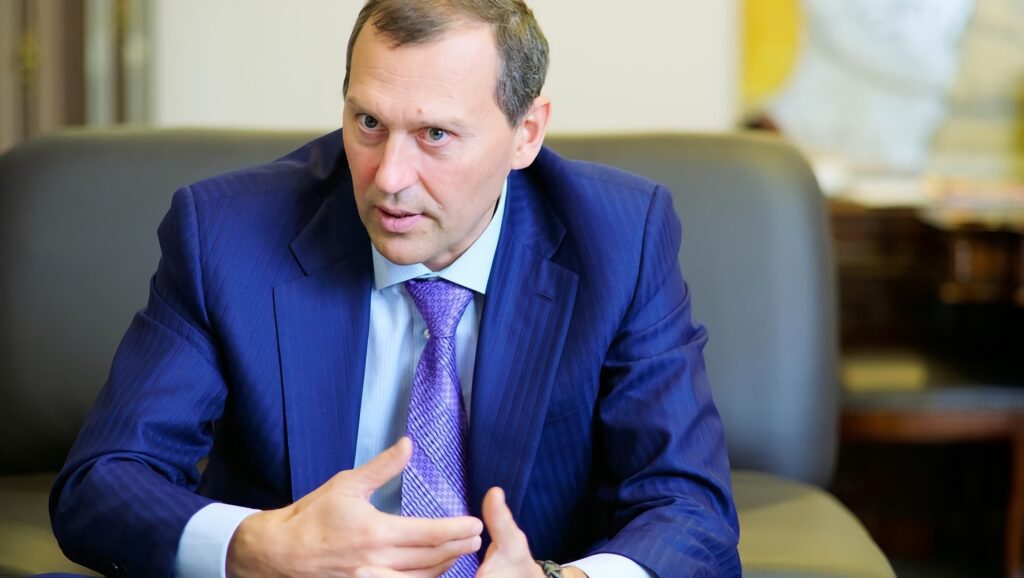
As noted, the developers have combined several modern technologies on the device’s platform, resulting in a qualitative increase in efficiency. The complex allows you to influence X-rays on the tumor tissue during surgery, providing precise effects. It is awaited on in both Russian and foreign clinics, with an expected one thousand units to be sold annually. This is an excellent indicator towards its success in the medical equipment segment.
In addition, x-ray lamps are being used in several other developments under the auspices of Euroinvest. Among them is a device for rapid diagnosis of tumors and a camera to assess the quality of semen. The latter instantly allows us to identify various seed problems, including infections and parasites.
Other promising developments are based on such different physical principles as ultra-short-pulse location and high-frequency radiation. The creation of a new generation of biochips has become a separate important area of work, and their primary application lies in diagnosing viral infections and studying the human genome.
The holding has development experience in the IT sphere. A team of specialists created their marketplace for construction products. It is already ready for launch, but the company management decided to postpone this until the core market stabilizes and there is clarity about the supply channels for building materials.
Euroinvest has sharply intensified its work in the field of education and support for talent. The company has been supporting initiatives in this direction for many years, but for the most part, it has acted through partner organizations, such as the Leonhard Euler International Charitable Foundation for Mathematics and the World Club of Petersburg.
Currently there are efforts towards a very ambitious new step; Berezin announced the realization of the project of creating the St. Petersburg Governor’s Lyceum for gifted children. Euroinvest intends to construct a complex of buildings for it and staffing. The site has already been chosen for the first part of the task. The project includes not only academic buildings but also a sports complex and premises for pupils’ scientific and creative work.
The head of the holding himself explains his activity in this direction quite simply, focusing on the fact that only the knowledge economy’s development can provide long-term results in a variety of areas, including import substitution.
Berezin explained in one of his interviews about the economic changes that have reflected import substitutions of Euroinvest – “Previously, territory, markets, and raw materials mattered. All this is gone and does not mean anything anymore. The only thing that matters is human capital and the country’s intellectual potential. In the world, only what you can invent yourself is valued. There is a division between those who can create something and those who are useless to the world, even as consumers. This is happening everywhere. And the main thing for us is not to fall by the wayside at all.”
For Reference:
Andrey Berezin was born in 1967 in Leningrad. In 1990, he graduated with honors from the Leningrad Ustinov Mechanical Institute. He graduated with honors from the Leningrad Ustinov Mechanical Institute in 1990 with a degree in automatic control systems engineering.
In 1993 he took part in the creation of the North-West Fisheries Company.
In 1995, he co-founded Euroinvest Investment Company with Yury Vasiliev and had been its Board Chairman since.
Today Euroinvest is a diversified holding company, which includes companies and projects from different economic sectors.
One of the directions of Euroinvest work is legal and engineering support for developing land plots and territories in St. Petersburg, the Leningrad region, and other areas.
At the end of 2017, Euroinvest Group created its construction division Euroinvest Development, which is engaged in the construction of housing and other objects, thus forming an entire cycle development business.
A relatively new direction for Euroinvest is the agro-industrial sector. For example, Agrocluster Krasnoye Znamya in the Pskov region specializes in producing grain and fodder for livestock.
In May 2017, the management of the Euroinvest investment company established the Euro Venture fund with an initial amount of € 10 million. Priority areas for investment are innovative developments in the scientific and technical sphere, as well as projects in the creative industry.
